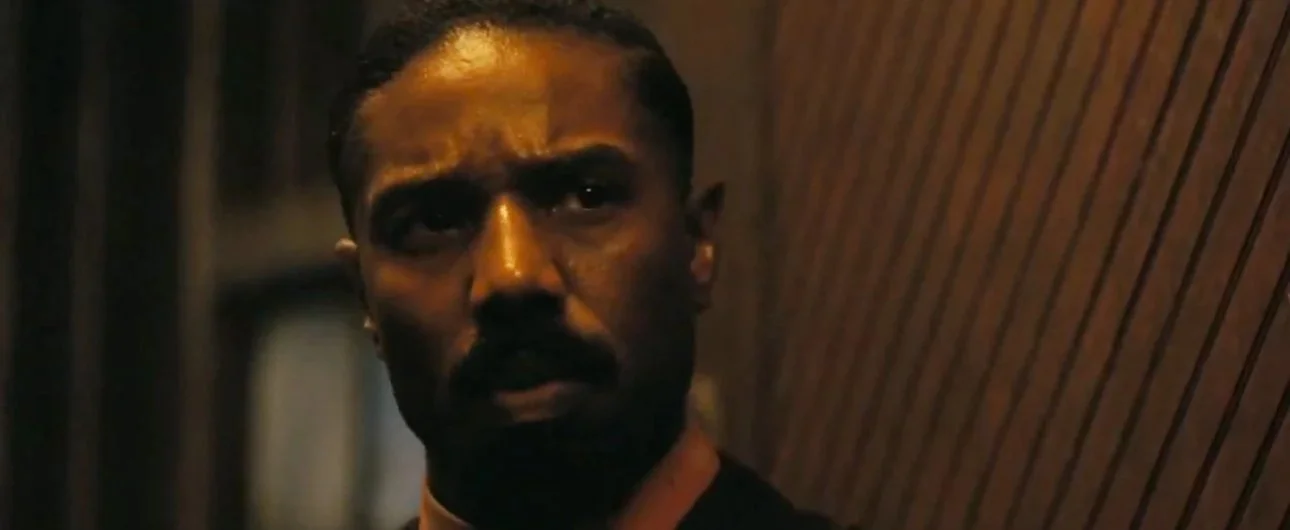Here’s a lengthy and fascinating interview with filmmaker-playwright Kenneth Lonergan. He’s currently in Portugal where he just gave a masterclass to cinema students.
A big chunk of the Lonergan interview (via Observador) has to do with the downfall of U.S. filmmaking, and he’s not even blaming Marvel, or franchises, but rather taking his aim at the more serious-minded films.
It’s no big secret that American filmmaking got much more politically-minded during the Trump era — the shift started sometime in 2015/2016. With that came the need to be less offensive, less edgy, in terms of storytelling and character. As a whole, Hollywood is now too scared to offend. Welcome to the era of PC and political messaging at the movies, and Lonergan is sick and tired of it:
We are in the era of “messages” through fiction. It's a very irritating time, I hope it stops. The problem is with people who say they are always on the right side. Propaganda makes bad films. American cinema should steer far away from that — when political agendas get involved in cinema then it becomes too simplistic. The films become an opinion and not a story. Having a point of view is different from conveying a message through a film. You are then forced to manipulate the characters and make them say things they shouldn't be saying. A political film can do a great service, but it has to be good […] Right now we're in the age of messaging, and the stuff is bad. It seems to me that people are getting fed up.
Lonergan stops short of using the term “woke,” but he sure as hell implies it to be his main issue with today’s cinema. I’m glad he didn’t use that word. It’s too simplified, the substance gets lost in the argument when “woke” gets used to make a point.
What I do know is that we’re living in very interesting and radically different times. Back in the ’90s, even ten years ago, it was such a different spectrum, and now political theory has snuck into so much of what we see. Hell, even film criticism has suffered because of it.
Even though art should be political in a way, it should also be subtle, and not hammer its message down your throat, and Lonergan does mention that politics should never be a priority instead of telling a good story.
Back in 2023, Quentin Tarantino elaborated further. He called these last 10 years, “the worst time ever for movies” and his reasonings were fairly similar to Lonergan’s:
There has become a thing that’s gone on [today], especially in this last year, where ideology is more important than art. Ideology trumps art. Ideology trumps individual effort. Ideology trumps good. Ideology trumps entertaining.
Tarantino conveyed the sense that films, and studios, now talk down to the viewer with forced-upon political lessons, with some movies being used as platforms to promote personal political views, almost veering into borderline indoctrination.
The good news is that things are slightly, and slowly, starting to change. There’s been enough pushback from audiences that studios are reevaluating the way they should be telling a story. Hell, even Disney CEO Bob Iger recently confessed that the mouse house would “focus on entertaining, and not messages.” Whether that actually comes to fruition is a whole other story.






